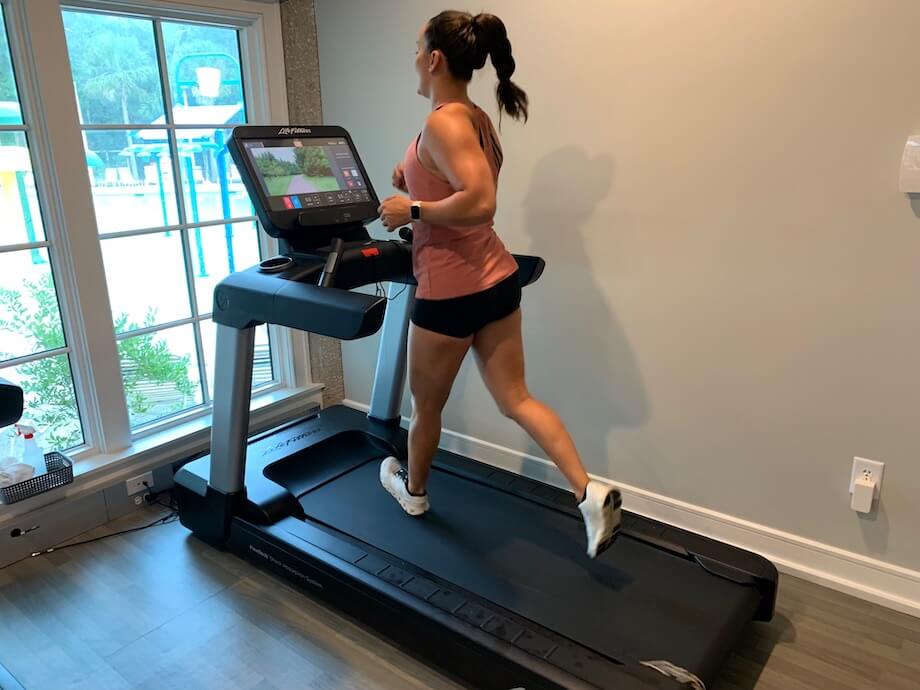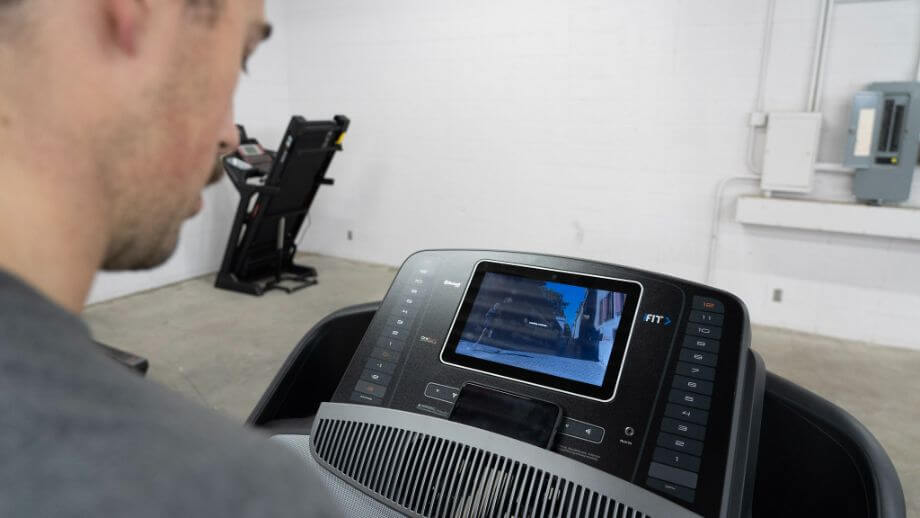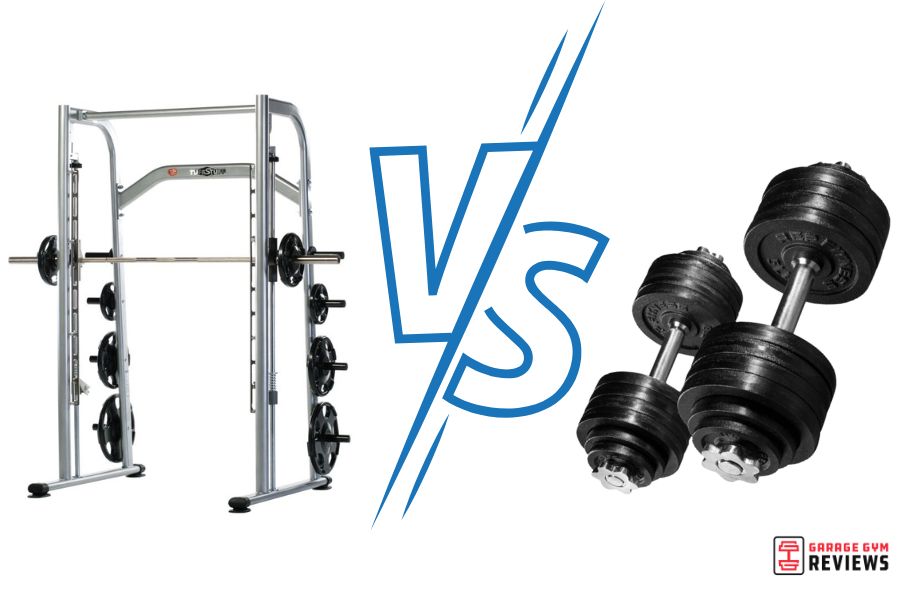For some of us, when we think of cardio, we think of our morning sprint to the coffee machine. Oh, wait, just me?
All jokes aside, cardio has many more health benefits than just getting you to your morning Joe quicker.
Cardio, which can also be called aerobic exercise, includes any physical activity that gets your heart rate up. This could be running, speed walking, biking, even dancing. There really are no limitations to what can be a cardio workout as long as you keep it aerobic (i.e., your body is using oxygen to help produce energy).
So why should you do it? Here are 10 amazing benefits to doing cardio exercise.
What is Cardio?
Before we get into the cardio’s benefits, it’s important to answer the question, “What is cardio?”
Cardio is short for cardiovascular exercise, which is any exercise that raises your heart rate and putting you in a target heart rate zone for any given time. It’s essentially resistance training for your cardiovascular system in that it puts it under stress to make it stronger.
There are two types of cardio: aerobic cardio and anaerobic cardio. Aerobic cardio means “with oxygen” and is performed for extended periods of time, and anaerobic cardio means “without oxygen” and is done at high intensity for short amounts of time.
1. Reduces Stress
We could all use a way to relieve some stress from the day to day grind of life. One study in Scientific Research1 concluded that university students who did some cardio-type exercise in their leisure time were better able to handle feelings of stress than those who did sedentary activities.
Participants in this study noted how they had more positive emotions when doing cardio exercise and that this mood boost helped them better cope with stressful situations in life. They also were better at being able to problem-solve since the mood boost gave them a clearer head.
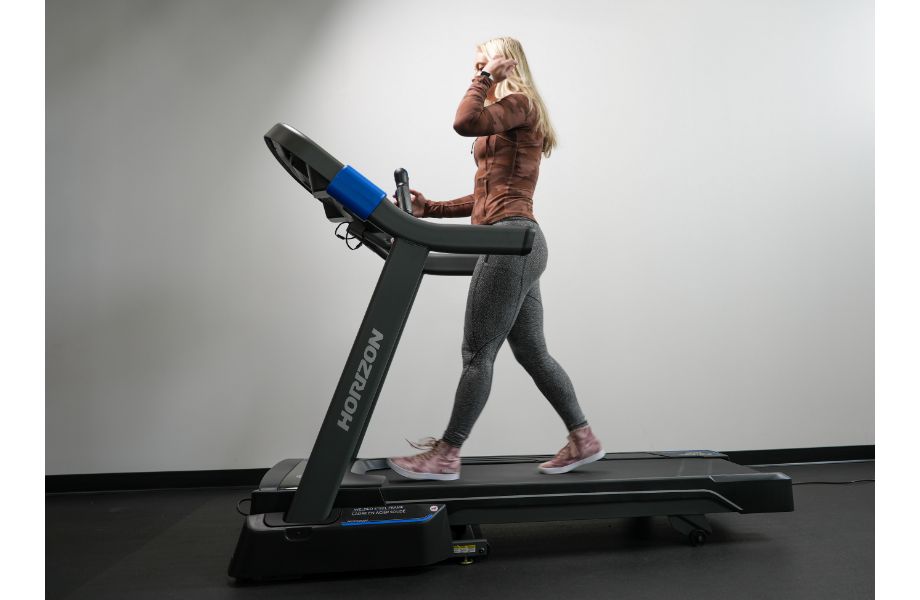
To summarize, a brisk walk will get your heart rate up, which can boost your mood and help work through the things in your life causing stress. Next time you are in need of some serotonin to calm you down, get some cardio in.
2. Better Sleep
Most of us need not only more sleep, but better overall sleep quality. With melatonin and sleep aids gaining in popularity, one natural way to help you sleep better is cardiovascular exercise.
Moderate-intensity cardio exercise helps you attain more slow-wave sleep, sometimes also called REM sleep, according to Johns Hopkins2 . In layman’s terms: It helps you get deep sleep. This is the sleep that helps you feel refreshed in the morning. A heart-pumping afternoon workout can help you sleep like a baby later.
3. Helps With Weight Loss Goals
One of the more popular reasons people exercise is to be healthy, and sometimes weight loss is part of that. Exercising to lose weight can seem daunting if you are a beginner and feel like you don’t know where to start.
Luckily, this study in the National Library of Medicine3 showed that people who went from sedentary lifestyles to adding daily cardio saw a significant change in their body fat percentage. When your heart rate is up, you are burning more calories, and the more you burn calories, the more opportunity to be in a caloric deficit, which helps you lose weight.
“Cardio can help you burn large amounts of calories, which can lead to a caloric deficit to support weight loss goals. I personally lost more than 30 pounds just by going on brisk walks”
Anthony O’Reilly, GGR performance editor and certified personal trainer
This proves you don’t necessarily have to have a complicated routine to lose weight. A good rule of thumb is to eat a healthy diet and get some cardio in (but also don’t forget about resistance training!).
4. Boosts Mental Health
Regular exercise is good for your body, but did you know it was good for your mind as well? Regular cardio can help improve your mental health by alleviating symptoms of anxiety and depression according to this study in Disability and Rehabilitation4.
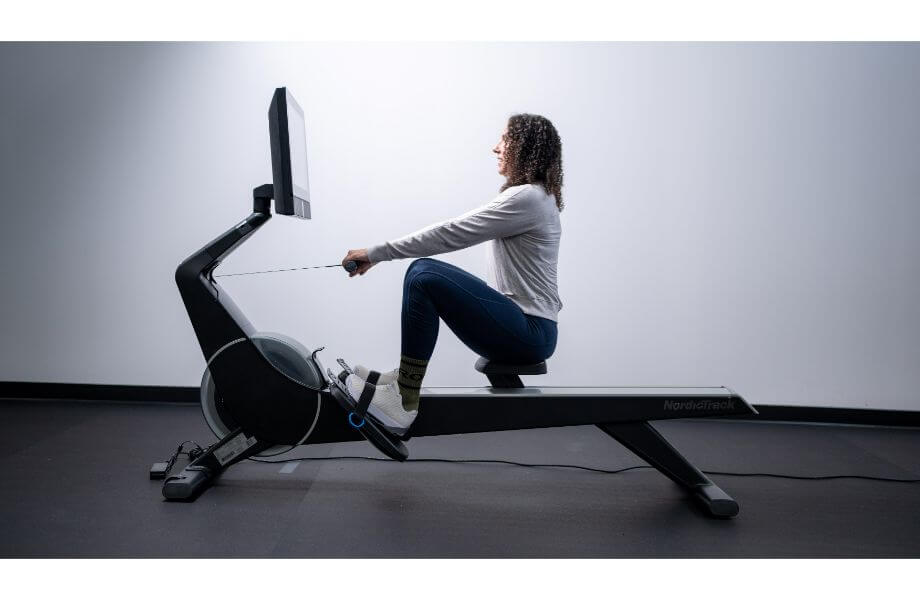
Cardio releases endorphins, like serotonin, in your brain, which can help to fight mild depression. Regular cardio may help you see yourself in a more positive light, improving your overall confidence. You can even dance your way to a healthier mind and body image.
5. Potentially Improves Your Sex Life
Another area of everyday life where medications and natural remedies are popping up everywhere with claims of improvement is your sex life. Cardio, believe it or not, is another natural way to help increase your sexual well-being.
Cardio can improve your body image, which can help you feel more comfortable with your body. According a study from the Journal of Sexual Health5, cardio helped woman with female sexual disfunction become more aroused.
Cardio can also help with your stamina. Since stamina is a form of endurance, cardio can help condition your body for bedroom workouts.
6. Increases Heart Health
The main benefit of cardio exercise is in the name itself: cardiovascular health. A peer-reviewd study in The Internal Journal of Physical Medicine6 shows how regular cardiovascular exercise at moderate levels of intensity may lower your risk of heart disease, and in turn, lower your risk of heart attacks. Researchers also claim that regular cardio may increase your lifespan.
Regular cardio can also regulate your blood pressure and keep your LDL (low-density lipoprotein) cholesterol at healthy levels. High blood pressure and cholesterol can both be contributing factors to heart disease.
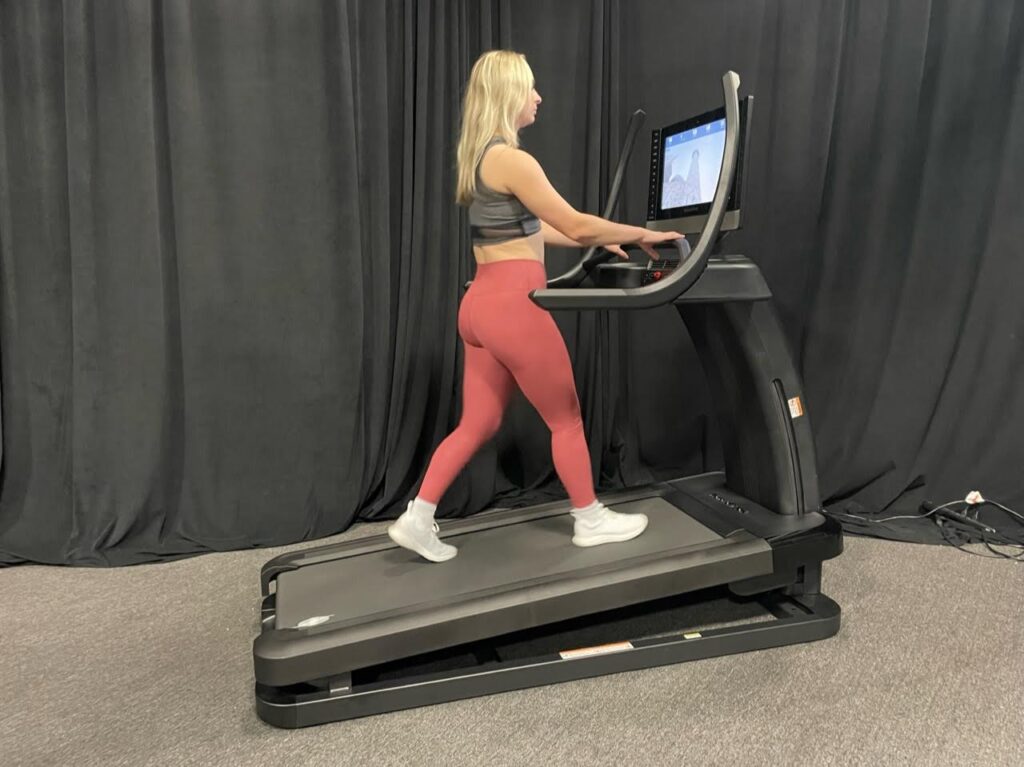
Want to keep your heart in shape? Do cardio! It has been shown to improve heart health because your heart is a muscle, and the more you work it, the more conditioned it will be. Meaning, that the more cardio you do the stronger your heart will be to pump blood through your blood vessels with ease. This prevents fatty build-ups due to high cholesterol levels and improves circulation.
“Cardio is essentially resistance training for your heart—you put it under stress to make it stronger.”
Anthony O’Reilly, GGR performance editor and certified personal trainer
7. May Lower Risk of Dementia
We already talked about how cardio is good for the mind in helping cope with stress, anxiety, and depression, but it also can help your brain health, too. Cardio may help lower your risk of getting dementia by keeping your hippocampus functioning optimally.
This study in the National Library of Medicine7 showed that patients with early-stage Alzeheimer’s Disease had better memory performance than those patients who did not do any cardio.
Regular cardio can strengthen your brain and reduce hippocampal atrophy. Hippocampal atrophy is a really fancy way of saying that your hippocampus is shrinking. The hippocampus is where your memory is stored, so the shrinking is what causes dementia or Alzehiemer’s7.
8. Improves Lung Health
Adding to the ways cardio is great for your overall well-being is that it is great for your lungs. A study in the Biomedical and Pharmacology Journal8 notes that sedentary lifestyles may decrease your lung function over time. Lung function refers to how much air your lungs can hold, this is important because the more air the easier you can breathe.
The three-week study of 72 inactive males showed how sedentary adults had a decrease in lung function while those who participated in cardio workouts on a treadmill had an increase in their lung function. Reduced lung function puts you at risk for things like reduced oxygen intake and poor sleep.
The American Heart Association9 recommends 2.5 hours of cardio a week to reap the benefits.
9. Boosts Immune System
The most important tool our body has for overall well-being is the immune system. This is what fights off germs and viruses to keep us healthy. Cardio can assist our immune system by aiding in production of germ-fighting cells. It also can reduce stress, which is proven to hinder your immune system.
In a 2021 study published in Sports Medicine10, researchers were able to show how regular cardio could improve the immune system of their subjects by increasing the amount of T cells (the cells that fight infection), and increasing the potency of any vaccines you received.
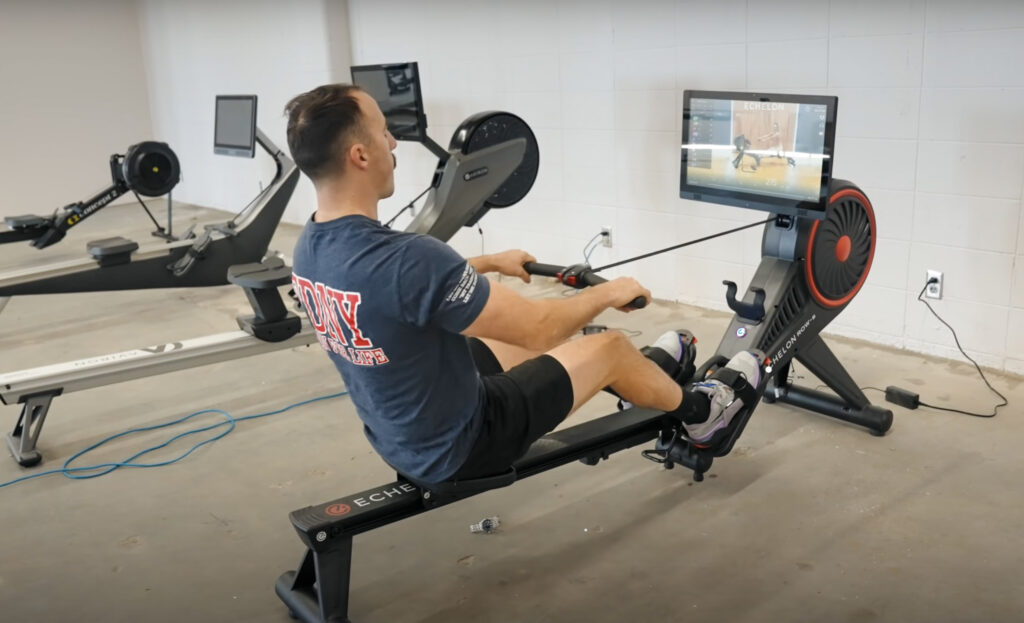
The study also noted an uptake in the amount of neutrophils the participants had10. Neutrophils are white blood cells that are the first to be recruited by your body upon infection. They are the frontline soldiers sent out to fight off the invading illness.
Regular cardio also may reduce your risk of community-acquired infections like colds and flus. It keeps your heart healthy pumping with ease, and your lungs at their peak functioning capacity. This, coupled with an immune boost, makes cardio an excellent way to look after your general wellness.
10. Regulates Blood Sugar Levels
The CDC estimates that more than 24 million Americans had type 2 diabetes11. A 2010 study in the National Library of Medicine11 states that regular cardio can likely help with treatment and regulation of blood sugar levels. Those who do regular cardio may also have a lower risk of prediabetes.
Cardio regulates your blood sugar by increasing your heart rate. When your heart beats faster, your muscles are using more glucose (which is really just another word for sugar). This is helpful in regulating blood sugar of those with type 2 diabetes because their bodies can sometimes have an excess of glucose they need to burn off.
Final Thoughts
It’s obvious that cardio is beneficial for people of all fitness levels. Keep in mind that the type of exercise you do for cardio doesn’t necessarily matter, in terms of reaping the benefits. You can run, row, swim, dance, bike, or walk at a moderately-intense pace. If you want to kick it up a notch for some high-intensity interval training (HIIT) once in a while, you may stand to gain even more.
“Cardio is an important exercise that everyone should be doing regardless of their fitness goals to keep their heart healthy and maintain overall health”
Anthony O’Reilly, GGR performance Editor and Certified personal trainer
Our Experts Who Contributed
Benefits of Cardio: Q&A
What are the benefits of cardio exercise?
The benefits of cardio include general wellness, improved sleep, better stress management, and reduced risk factors for long term disease like Alzheimer’s or type 2 diabetes.
What are 10 benefits of cardio?
The 10 benefits of cardio can include reduced stress, better sleep, weight loss, better mental health, improved sexual function, better heart health, lower risk of dementia and diabetes, and improved lung and immune function.
Is it good to do cardio everyday?
The American Heart Association and the CDC recommend 2.5 hours of cardio a week, usually split into 30-minute workouts over five days. Rest days are important to let your body recover and help prevent injuries.
Does cardio help with belly fat?
While you can’t necessarily target a specific area for fat loss on your body, cardio can help with getting rid of body fat aiding in weight loss goals
Is cardio better than weight training?
It depends on what you mean by “better.” Cardio burns more calories than weight training during a single session, but weight training is more effective at increasing your metabolism. In reality, both should be done side-by-side to make sure you’re keeping your muscles and organs in working shape.
References
- Kim, J. and McKenzie, L. (2014) The Impacts of Physical Exercise on Stress Coping and Well-Being in University Students in the Context of Leisure. Health, 6, 2570-2580. doi: 10.4236/health.2014.619296.
- Johns Hopkins Medicine. Exercising for better sleep. (2021, August 8). Retrieved October 3, 2023, from
- Donnelly JE, Honas JJ, Smith BK, Mayo MS, Gibson CA, Sullivan DK, Lee J, Herrmann SD, Lambourne K, Washburn RA. Aerobic exercise alone results in clinically significant weight loss for men and women: midwest exercise trial 2. Obesity (Silver Spring). 2013 Mar;21(3):E219-28. doi: 10.1002/oby.20145. PMID: 23592678; PMCID: PMC3630467.
- Jan Knapen, Davy Vancampfort, Yves Moriën & Yannick Marchal (2015) Exercise therapy improves both mental and physical health in patients with major depression, Disability and Rehabilitation, 37:16, 1490-1495, DOI: 10.3109/09638288.2014.972579
- Maseroli E, Rastrelli G, Di Stasi V, et al. Physical Activity and Female Sexual Dysfunction: A Lot Helps, But Not Too Much. J Sex Med 2021;18:1217–1229.
- Agarwal S. Cardiovascular benefits of exercise. Int J Gen Med. 2012;5:541-5. doi:10.2147/IJGM.S30113
- Morris JK, Vidoni ED, Johnson DK, Van Sciver A, Mahnken JD, Honea RA, Wilkins HM, Brooks WM, Billinger SA, Swerdlow RH, Burns JM. Aerobic exercise for Alzheimer’s disease: A randomized controlled pilot trial. PLoS One. 2017 Feb 10;12(2):e0170547. doi: 10.1371/journal.pone.0170547. PMID: 28187125; PMCID: PMC5302785.
- Rawashdeh A, Alnawaiseh N. The Effect of High-Intensity Aerobic Exercise on the Pulmonary Function Among Inactive Male Individuals. Biomed Pharmacol J 2018;11(2).
- American Heart Association recommendations for physical activity in adults and kids. www.heart.org. (2022, July 28). Retrieved October 4, 2023, from https://www.heart.org/en/healthy-living/fitness/fitness-basics/aha-recs-for-physical-activity-in-adults
- Chastin, S.F.M., Abaraogu, U., Bourgois, J.G. et al. Effects of Regular Physical Activity on the Immune System, Vaccination and Risk of Community-Acquired Infectious Disease in the General Population: Systematic Review and Meta-Analysis. Sports Med 51, 1673–1686 (2021). https://doi.org/10.1007/s40279-021-01466-1
- Colberg SR, Sigal RJ, Fernhall B, Regensteiner JG, Blissmer BJ, Rubin RR, Chasan-Taber L, Albright AL, Braun B; American College of Sports Medicine; American Diabetes Association. Exercise and type 2 diabetes: the American College of Sports Medicine and the American Diabetes Association: joint position statement. Diabetes Care. 2010 Dec;33(12):e147-67. doi: 10.2337/dc10-9990. PMID: 21115758; PMCID: PMC2992225.


